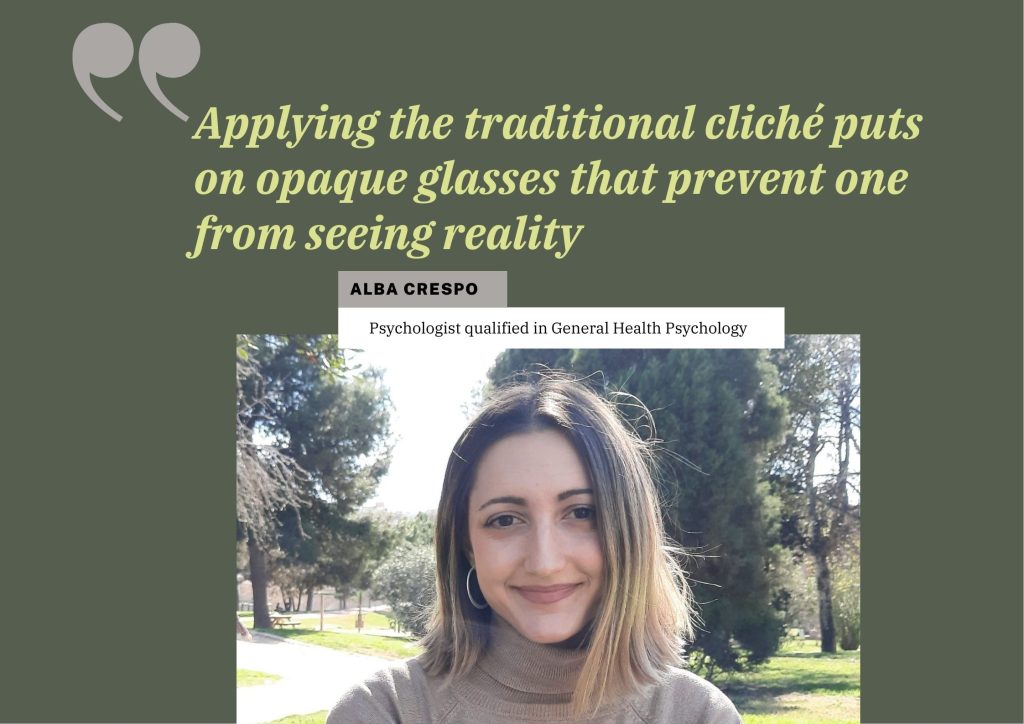Daily27 has decided to interview, following Facebook’s shutdown of a page where thousands of men shared intimate photos of their partners without consent, the clinical psychology trainee Alba Crespo, who had already reported sexual abuse at the age of 12 and is currently a predoctoral researcher. Faced with these issues, which are acquiring new quantitative and qualitative dimensions, we can only achieve social impact and contribute to changing the world if we do not analyse them through old clichés, if we do not reduce them to traditional stereotypes, but rather base our understanding on rigorous analyses by new voices who have not only studied the problem, but have also experienced it from a very early age.
Daily27: Is this a new issue?
Alba Crespo: For the scientific community, this is by no means a new issue. Feminists most committed to this topic have been contributing in this area for a long time. In fact, in the first project conducted on gender-based violence in Spanish universities, designed in 2003, a survey included the question: ‘Has anyone within the university spread rumours about you or about any university member regarding your sexual life?’ The social impact of that research reached the Spanish Parliament, leading to legislation in 2007 obliging universities to take action against gender-based violence and to reform the system for faculty selection and promotion.
“Applying the traditional cliché puts on opaque glasses that prevent one from seeing reality.”
Daily27: Are these sexual assaults carried out only by men?
Alba Crespo: No. For example, in 2013, the ‘Informer’ case at the Universitat Autònoma de Barcelona (UAB), which in a single week generated comments about the real or alleged sexuality of thousands of university and secondary school students, was created by three female students. Applying the traditional cliché puts on opaque glasses that prevent one from seeing reality.
Daily27: Does that only occur on social media?
Alba Crespo: That is another cliché of those who speak about us without us. This occurs on social media, in both private and public media, and in face-to-face interactions. Some journalists attribute it to social media in order to conceal what they themselves do in the media, making comments about the real or alleged sexuality of others, in a manner reminiscent of what Umberto Eco calls ‘the mud machine’.
Some journalists attribute it to social media in order to conceal what they themselves do in the media, making comments about the real or alleged sexuality of others, in a manner reminiscent of what Umberto Eco calls ‘the mud machine’.


